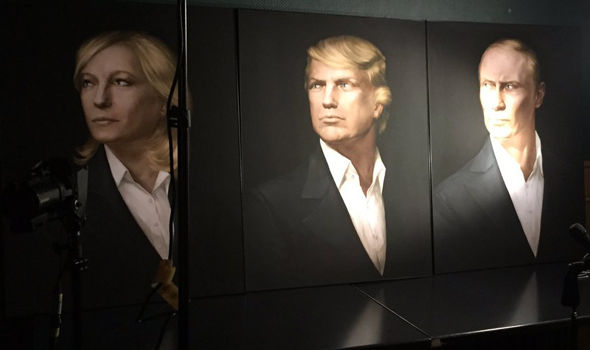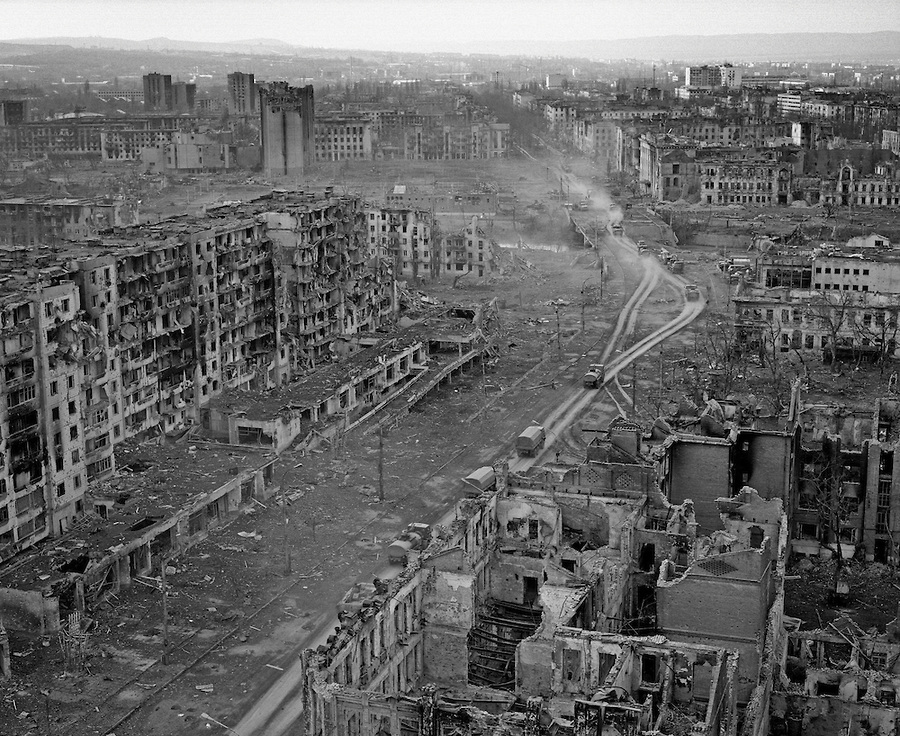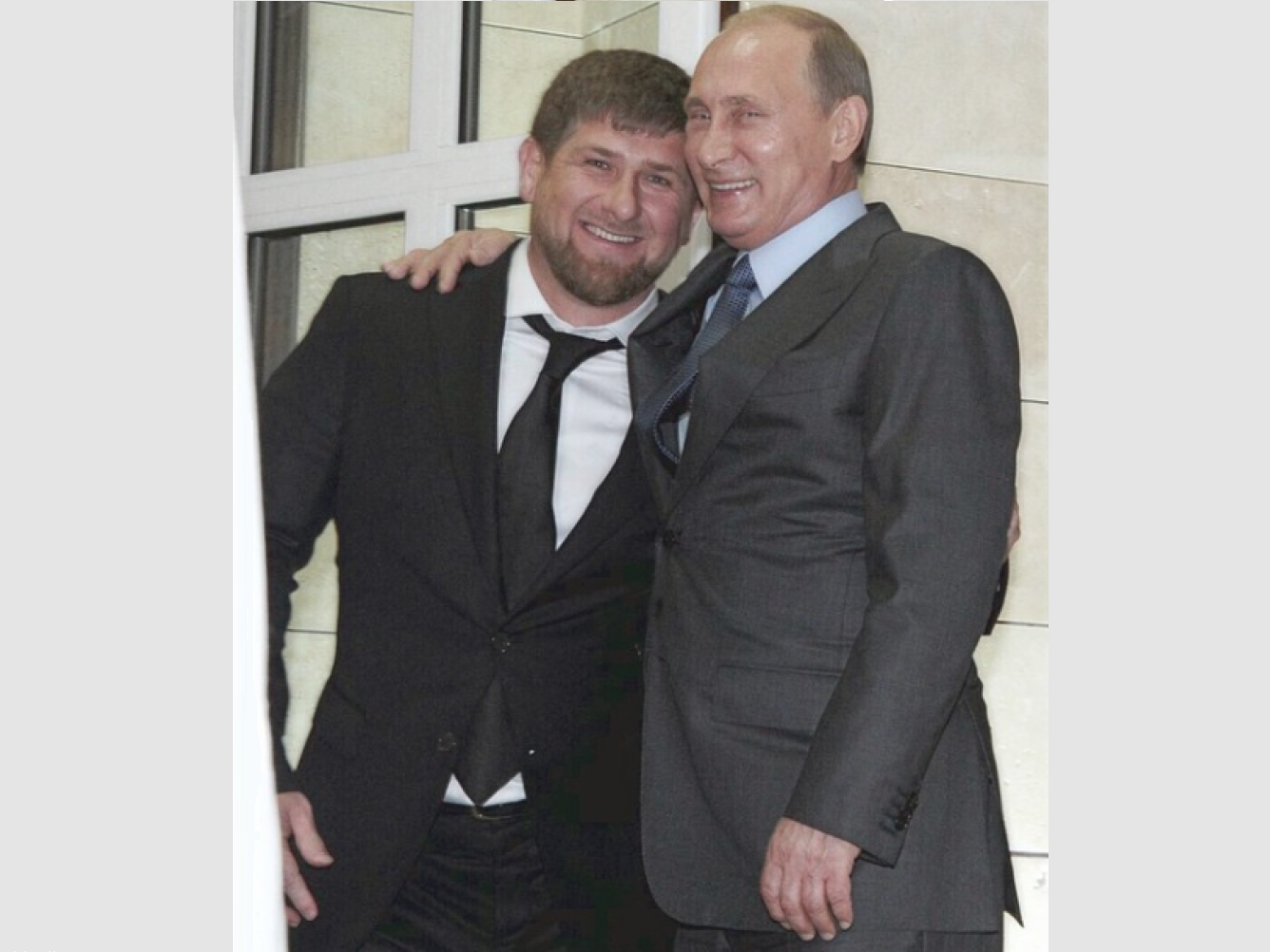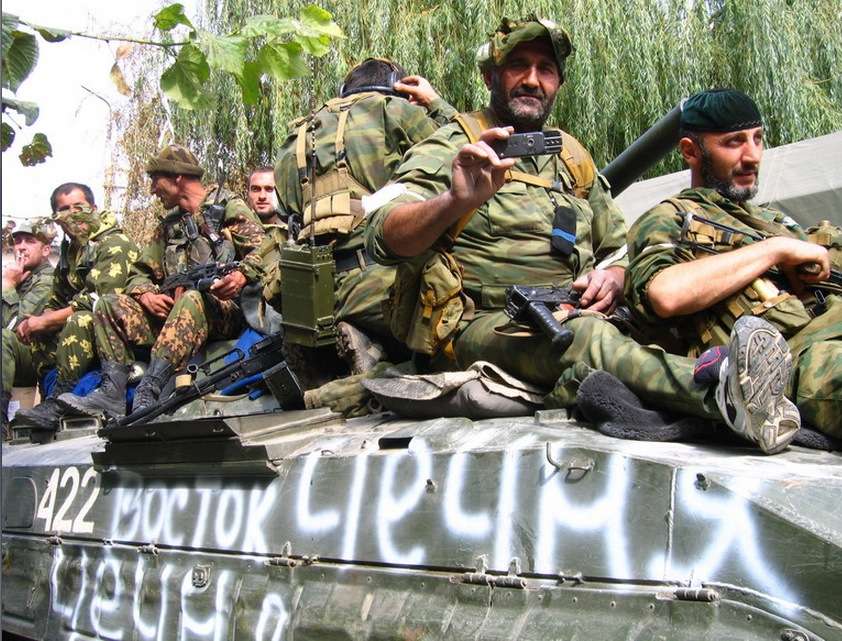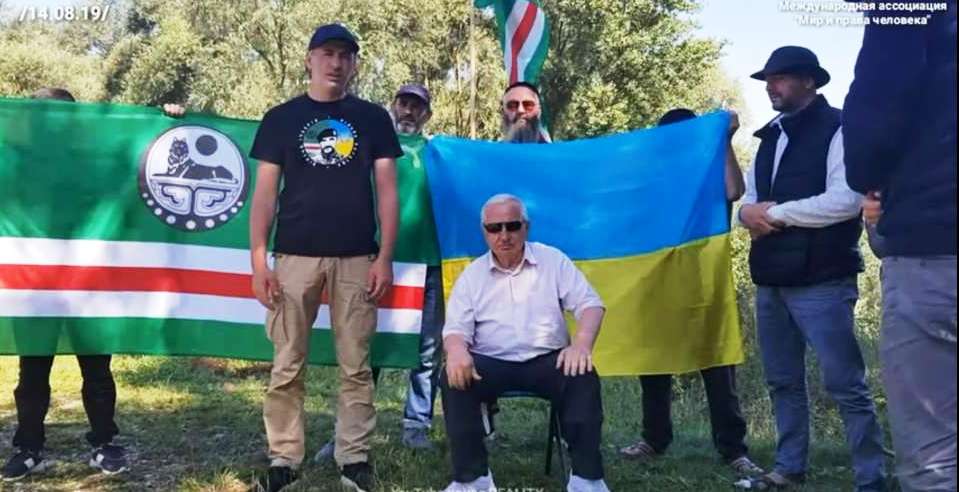Vladimir Putin is conducting his foreign policy like the special op of an intelligence service, reflecting both his own biography and Russia’s fundamental weaknesses, weaknesses that mean Russia no longer has “its two traditional allies, the army and the fleet,” as Alexander III put it, but new ones including computer hackers, prostitutes and bag men.
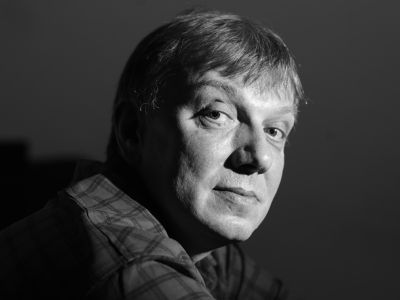
(Image: kasparov.ru)
The Kremlin leader’s decision to use Chechens as fighters in Syria is a reflection of this broader trend, Moscow commentator Aleksey Melnikov suggests; and Putin has adopted this approach, at least in this case, for all too obvious reasons rooted in the conflict itself and the reaction of Russians to it.
Putin has gotten Russia involved in a war far from its borders, one that increases the risks for Russian citizens, one moreover that has no clear purpose and no set price tag or lim
it on casualties, and one that clearly isn’t going as well as the Kremlin leader and his controlled media like to assert, the commentator continues.
Why? And why is Putin taking them from Chechnya but not from Moscow and St. Petersburg? The answer is obvious: “because Moscow and St. Petersburg are cities that at least potentially are politically active.” It would be harder to recruit there and to do so without attracting attention and sparking protests.
“But what will happen in Chechnya if people from the republic are killed in Syria?” The answer, of course as long as Kadyrov is around, is exactly “nothing.” Anyone who is ready to complain will be dealt with – and dealt with in summary fashion. What isn’t clear is what the Kremlin has promised Kadyrov for these services.
Melnikov says that the attitude of the opposition is wrong: all those who fight in Syria are “our citizens” and they almost certainly have been told by their commanders that they are fighting “for our country.” It isn’t their fault that they’ve been sent to Syria. It is “the fault of the Russian political leadership and V.V. Putin personally.”
It is also and no less the fault of the opposition, because they have allowed to arise “in the 21st century, a situation where Russia is ruled not by a democratic regime but by “state secrets, state security and special operations” like this one, a development that threatens to undermine any chance for Russia’s development in a positive direction.
Instead, as two other Russian analysts, Maksim Kononenko and Tatyana Stanovaya, point out, its allies are not those but rather the accomplices of covert operators everywhere – hackers, prostitutes and bagmen – who can penetrate, corrupt, blackmail and buy off but who can hardly make Russia great again.
Related:
- Chekist regime and criminal world in Russia now ‘completely coincide,’ Portnikov says
- Moscow spy services said deploying Russian criminal world against Ukraine
- Moscow scrambling to fill ranks of its forces in Syria and elsewhere
- Ten types of Russian weapons didn’t work well in Syria, the Russian defense minister says
- Putin’s ‘achievement’ in Syria: now Russians the target for Muslim anger, Portnikov says
- Putin’s Syrian campaign a truly ‘Orwellian one,’ Kalashnikov says
- Chechen and Afghan echoes of Putin’s military operation in Syria
- Ten new and discouraging statistics perfectly capture Putin’s Russia
- Outline of possible ‘Bid Deal’ between Putin and Trump on Ukraine emerging, Oleshchuk says




